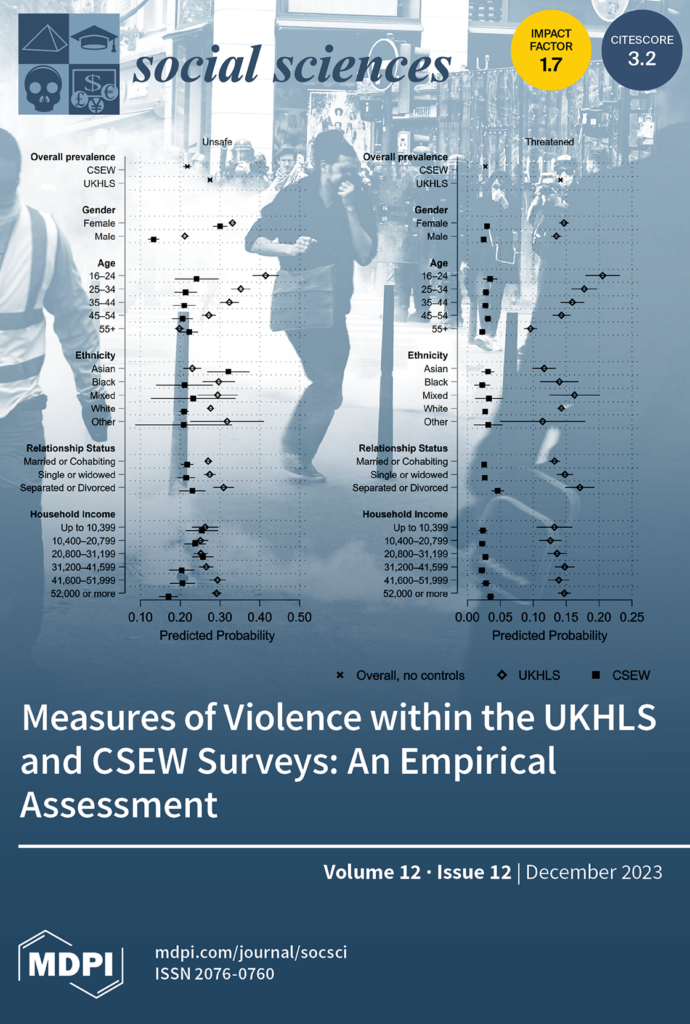The question of how we measure, categorise, and represent ethnicity poses a growing challenge for identifying and addressing ethnic inequalities. Conceptual critiques and qualitative studies highlight the complexities and challenges of measuring ethnicity, yet there remains a lack of quantitative studies investigating the implications of these complexities for inequalities research.
VISION researchers, Hannah Manzur, Niels Blom, and Estela Capelas Barbosa, address this gap by scrutinizing methodological processes and analysing the implications of measurement and categorisation in the Crime Survey for England and Wales (CSEW), critiquing the UK’s standardised measurement of ethnicity in national survey data and government statistics.
Based on their comparative quantitative analysis of standardised ethnicity categories and regional origins and their evaluation of the CSEW and census’ methodologies, they propose an alternative categorisation of ethnicity, focusing on the ‘Mixed’, ‘Asian’, and ‘Latinx/Hispanic’ ethnic groups.
Using adjusted crosstabulations and logistic regression models, they found variations in ethnic patterns of violence victimisation based on standardised measures and their alternative recategorisation, particularly relating to the distinction between ‘Asian’ sub-groups, the recategorisation of ‘Mixed’ ethnicities, and the inclusion of ‘Latinx/Hispanic’ as a distinctive ethnic group.
Their findings reveal valuable insights into the implications of ethnic categorisation for understanding violence inequalities, with significant implications for further policy and research areas.
For further information please see: Social Sciences | Free Full-Text | (Mis)Representing Ethnicity in UK Government Statistics and Its Implications for Violence Inequalities (mdpi.com)
Photo from licensed Adobe Stock library

